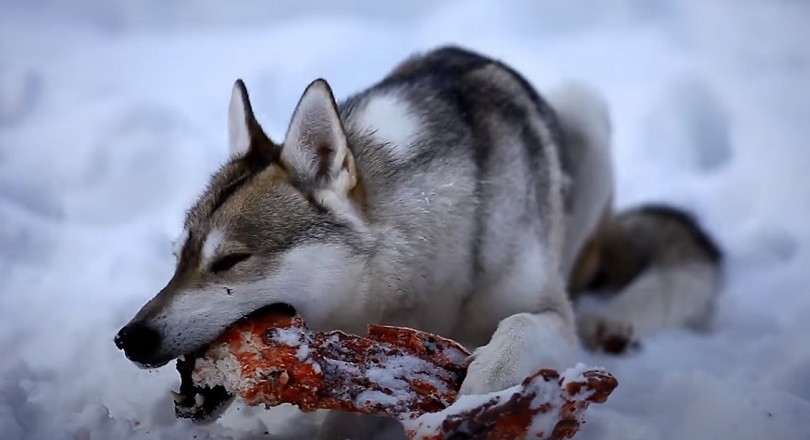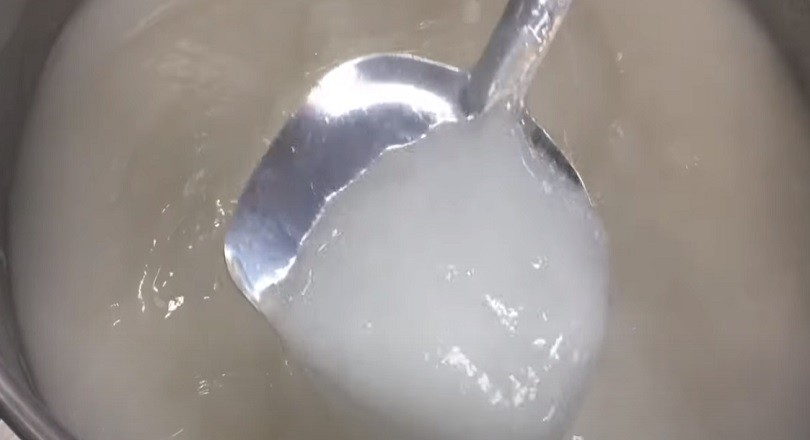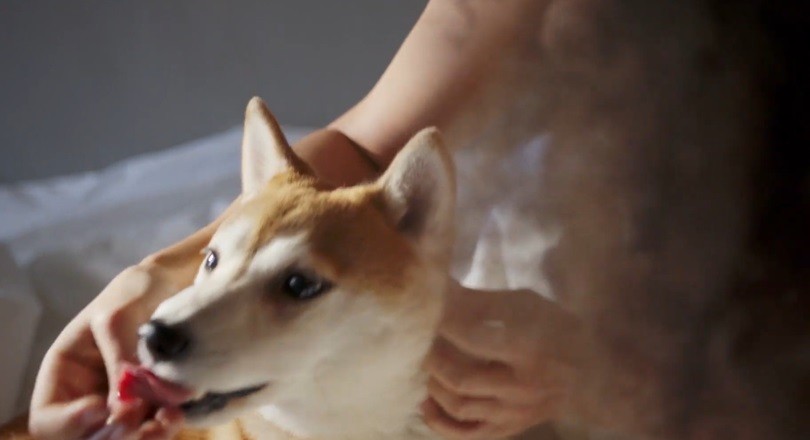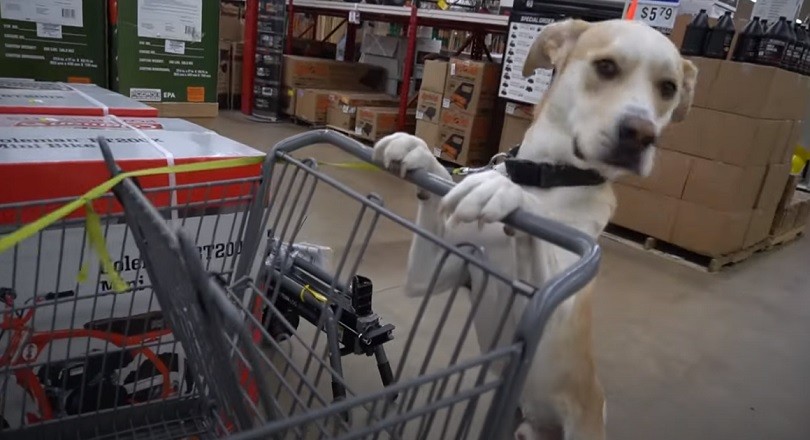Last Updated on February 28, 2025
Dogs can eat deer bones, but they must be raw and properly sized. Cooked bones can splinter and cause harm.
Feeding dogs raw deer bones can offer health benefits such as dental care and nutrient intake. Raw bones help clean teeth and provide essential minerals like calcium. However, it’s important to select the right size to avoid choking hazards. Always supervise your dog while they chew on bones to ensure safety.
Avoid cooked bones, as they can splinter and cause internal injuries. Raw deer bones should be fresh and free of preservatives. Consult your veterinarian before adding bones to your dog’s diet to ensure they suit your pet’s health and dietary needs.
Safety Concerns With Deer Bones For Dogs
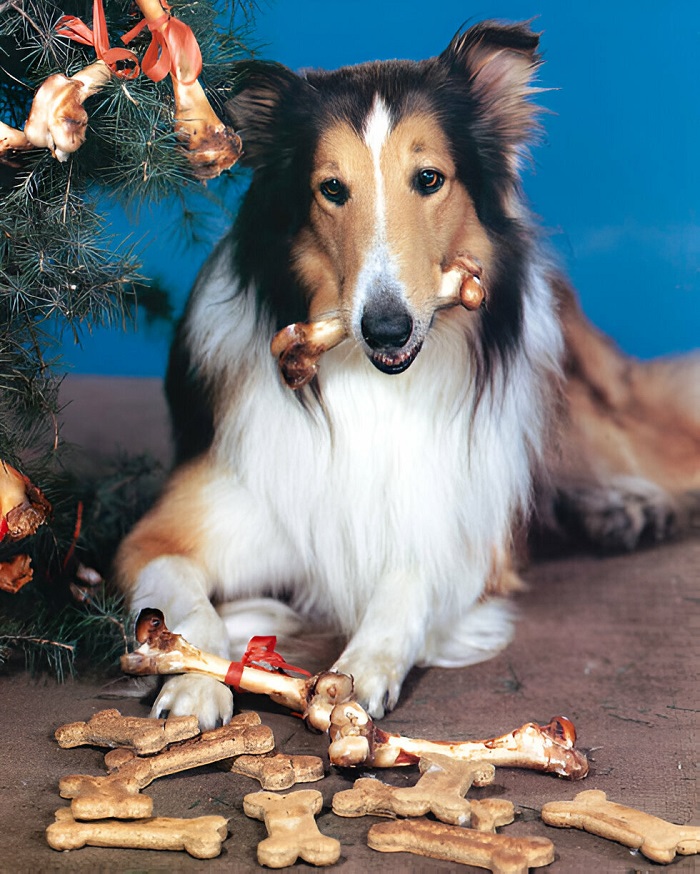
Many dog owners wonder if they can give their pets deer bones. Deer bones might seem like a natural treat, but they come with risks. Understanding these risks can help keep your dog safe. Here are the main safety concerns with deer bones for dogs.
Choking Hazards
Deer bones can pose serious choking hazards for dogs. Small bone pieces can break off and lodge in a dog’s throat. This can block their airway and cause suffocation. Always supervise your dog when they chew on bones.
Splintering Risks
Another major concern is splintering. Deer bones can splinter into sharp pieces. These sharp pieces can injure a dog’s mouth, throat, or intestines. Splintered bones can cause internal damage and bleeding.
Here is a table summarizing the risks:
| Risk | Description |
|---|---|
| Choking Hazards | Small bone pieces can block the airway. |
| Splintering Risks | Sharp bone pieces can cause internal injuries. |
Consider these risks before giving your dog a deer bone. It might be best to find safer alternatives.
Nutritional Benefits Of Bones For Canines
Dogs love chewing bones, but it’s not just about fun. Bones offer many nutritional benefits. They provide essential nutrients for a dog’s health. Let’s explore the specifics.
Mineral Content In Deer Bones
Deer bones are rich in calcium and phosphorus. These minerals are vital for strong bones and teeth. Calcium helps in muscle function and blood clotting. Phosphorus supports healthy kidneys and energy production.
| Mineral | Benefit |
|---|---|
| Calcium | Strengthens bones and teeth |
| Phosphorus | Supports kidney health and energy |
Deer bones also contain magnesium and zinc. Magnesium aids in muscle relaxation and nerve function. Zinc supports the immune system and skin health.
Dental Health Advantages
Chewing deer bones can help clean your dog’s teeth. The chewing action removes plaque and tartar. This reduces the risk of gum disease and bad breath.
- Removes plaque and tartar
- Reduces gum disease
- Freshens breath
Chewing also stimulates saliva production. Saliva contains enzymes that help keep the mouth clean. A clean mouth means fewer bacteria and healthier gums.
Best Practices For Feeding Deer Bones
Feeding deer bones to dogs can be beneficial, but it requires caution. Following best practices ensures your dog stays healthy and happy while enjoying this treat.
Appropriate Bone Size And Type
Choose bones that match your dog’s size. Small dogs need smaller bones. Large dogs can handle bigger bones. Avoid bones that can splinter. They can cause injuries.
Raw bones are safer than cooked bones. Cooked bones can break easily. This can lead to choking or digestive issues. Always select raw deer bones for your dog.
| Dog Size | Recommended Bone Size |
|---|---|
| Small Dogs | Small to Medium Bones |
| Large Dogs | Large Bones |
Supervision And Frequency
Always supervise your dog while they eat bones. This prevents choking hazards. Watch for any signs of distress. Take the bone away if needed.
Feed deer bones in moderation. Too many bones can cause health problems. Once or twice a week is enough. This keeps your dog safe and happy.
- Supervise every time
- Watch for choking or distress
- Limit to once or twice a week
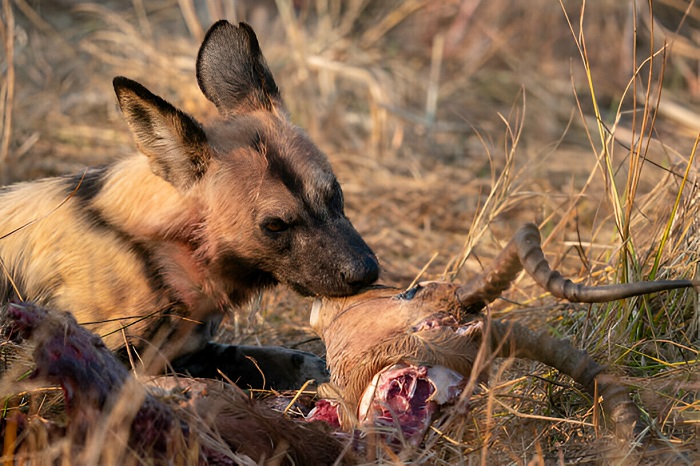
Frequently Asked Questions
What Should I Do If My Dog Ate Deer Bones?
Contact your vet immediately. Monitor for choking, vomiting, or discomfort. Avoid giving more bones. Keep your dog hydrated.
What Parts Of A Deer Can A Dog Eat?
Dogs can eat deer meat, bones, organs, and antlers. Ensure bones are raw to prevent splintering. Avoid cooked bones.
What Bones Are Safe For Dogs To Eat?
Raw, meaty bones like chicken necks, wings, and beef knuckles are safe for dogs. Avoid cooked bones.
Is Deer Toxic For Dogs?
Deer meat is not toxic for dogs. However, ensure it is properly cooked to avoid parasites and bacteria.
Can Dogs Safely Eat Deer Bones?
Dogs can eat deer bones, but they must be raw. Cooked bones can splinter and cause harm.
Conclusion
Feeding deer bones to dogs can be risky. Cooked bones are brittle and can splinter. Raw bones may carry bacteria. Always consult your vet before introducing new treats. Ensuring your dog’s safety and health should be your top priority. Choose safer alternatives designed specifically for dogs.
Keep your furry friend happy and healthy!

